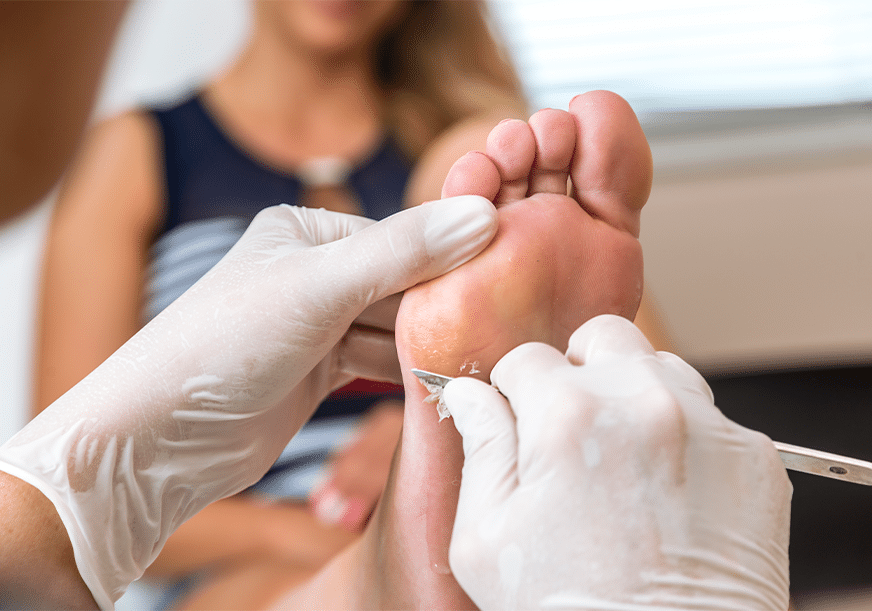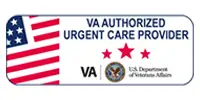How can something as small as a wart provide so much shame and embarrassment for the person who has one? Warts seem to be one of those ailments that we whisper about and try to hide from one another as if they signify a larger issue at hand. Warts are fairly common, mostly harmless, and can often be treated fairly easily with our Integrity Urgent Care Clinic’s help, with the right knowledge available.
Symptoms
There are a few different types of warts each with their own symptoms. Common warts, which are round and either yellow or brown, tend to be found on the hands and fingers, but can spread to the face due to the sheer amount of touching we do to our faces every day. Plantar warts are painful and feel like a pebble in the shoe, they are flat and can grow in clusters. Flat warts can grow in clusters of up to 100 at a time and are small and smooth. Genital warts are similar to painful lesions and can be flat or slightly raised.
Treatment
Leaving the wart alone may be an option for certain situations, but often, especially when visible or painful, you may want additional treatment. Some warts are easily treated with cryotherapy, either in office or with an at home kit. The at home kits have mixed results. Some warts may need scraping or a physician to cut it out. This should be done in office since cutting into the skin can be dangerous and while experiencing that discomfort, you would want to ensure the entire wart is gone.
Prevention
Every type of wart is caused by the Human Papillomavirus (HPV) which is found in many different forms, leading to warts being very different. Like any other virus, this can spread through contact, most likely through a cut or injury to the skin. Warts can also spread through contact with cloth or solid materials that touched the wart. You should avoid sharing items with someone who has a wart and make sure to always wear shoes in common spaces like the gym shower or public pool deck. Washing your hands frequently is a great habit to get into to avoid spreading and sharing many viruses. If you have a wart, avoid that area of your body making contact with anyone else and cover it when possible or needed.
When to See a Doctor
If you are having a recurrence of warts, you will want to see a doctor to see if alternative treatments are needed. Some patients may need an extra boost to help their body fight the virus. If you are feeling a lot of pain or having difficulty walking due to a larger cluster of plantar warts you will want to see a doctor as well. Additionally, genital warts will need medical attention to prevent the spread to any potential partners. According to the Mayo Clinic, genital warts can lead to other concerns, so it is best to be checked out by a medical provider.
Our staff at Integrity Urgent Care loves every one of our patients, warts and all, so if you need assistance with an ongoing issue, please come see us at one of our several locations. We can help with your warts and many other concerns you may have. Our staff is here to help you.






